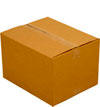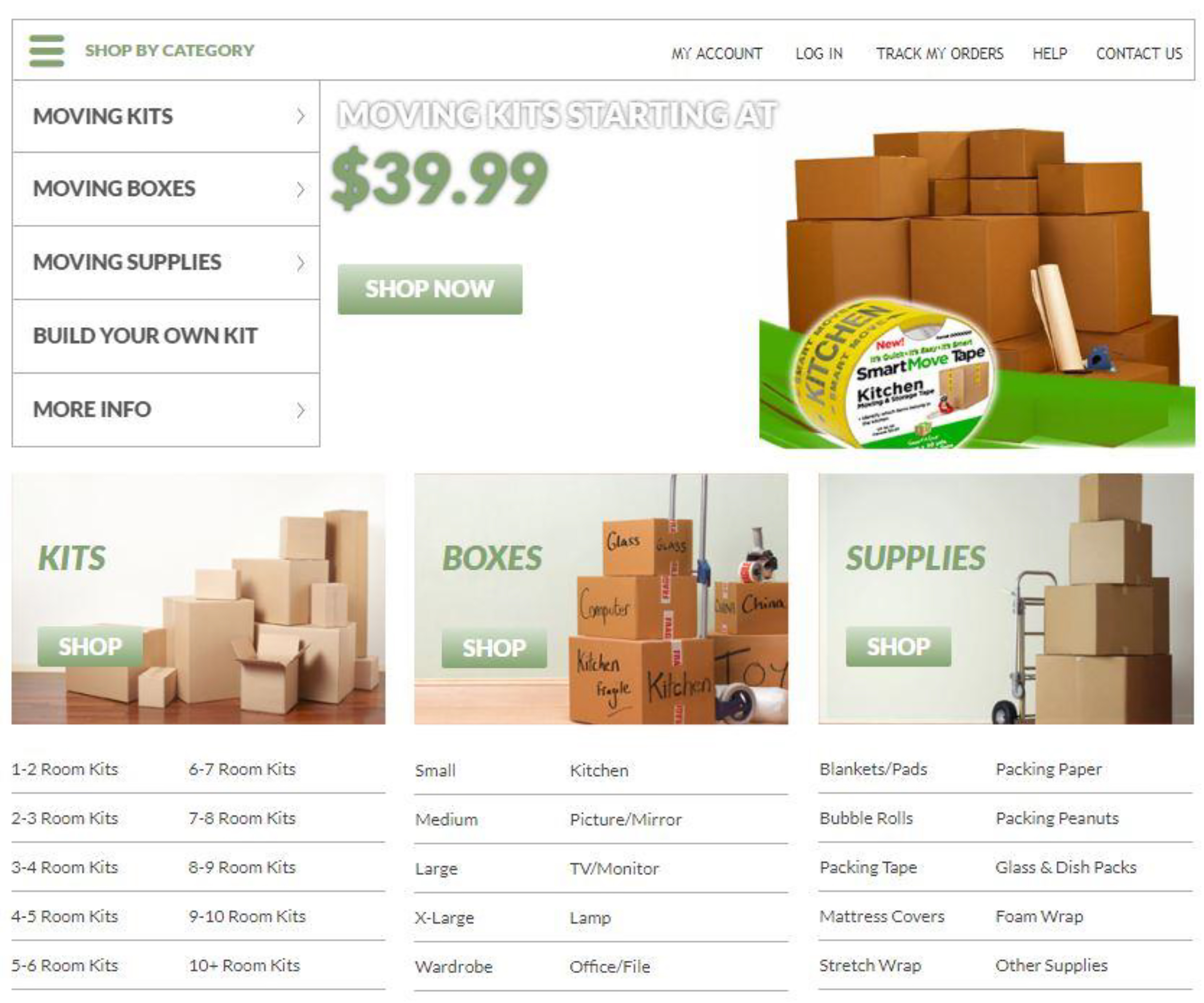"Great Deals"
Moving Box Kits
More Bubble
More Bubble for the Money
Fast Delivery
Throughout Massachussets
Free Shipping
No minimum order required
High Quality Boxes
Same Boxes as Mover Use
Tape with Dispensor
For Easy Use
"Great Deals"
Moving Box Bundles
"SAME DAY SHIPPING"
"FREE DELIVERY"
"Serving Boston & All of Massachussets"
Boston Moving Boxes and Supplies
BostonCityBoxes.com
BostonCityBoxes.com services Boston, Brockton, Cambridge, Lowell, Springfield, Worcester and other cities in Massachusetts along with Free Delivery.
Boston City Boxes
3175 Washington St.
Unit 4062
Boston, MA 02130
"Great Deals"
Click Here
Click Here
Moving Checklist
Two Months Prior to Moving Day
If you use a mover, get 2-3 estimates from moving companies you can trust. Such as the The American Alliance of Ethical Movers
If you move yourself, get costs from a truck rental company
Create a floor plan of your new home for furniture and appliance placement
Make an inventory of your household goods and begin to remove clutter (start with the basement, attic, garage, and other storage areas).
Prepare to have a moving sale for your less valuable items, and have a net-auction for the more valuable ones – see QuikDrop.com
Prepare current house for sale – upgrade lighting, lawn and paint
Arrange to transfer school records.
Choose a mover from the quotes and reserve your moving and delivery dates.
Get your new home ready – Contact painters, carpenters, plumbers, roofers etc., so your home is ready when you arrive
Six weeks prior to Moving Day
Subscribe to the paper in your new hometown to learn more about your new community.
Make arrangements for storage if necessary.
Ask your doctor or health plan provider for referrals, and obtain all medical records.
Have antiques, pieces of art, and other valuables appraised.
Start using foods and cleaning supplies that cannot be moved.
Four weeks prior to Moving Day
Schedule disconnection of all utility services at your old home, and connection of them at your new one. Be sure to disconnect the day after you leave and connect the day before you arrive.
If you have “last month” deposits with services, such as the telephone company.
Change the locks on all the doors in your new home, if the new home is ready.
If you are moving yourself, reserve a rental truck for your selected moving day.
If you are packing yourself, obtain packing materials from bostoncityboxes.com and start packing items you won’t need until after you arrive at your new house.
Arrange for cleaning and repair of furniture, drapes, and carpeting
Arrange for special transportation of your pets and plants if necessary.
Check with your insurance company to see how your possessions are covered during transit.
Make any travel plans necessary for your move.
Collect your important records-Gather personal and family records, including medical and dental, veterinary and school records; legal and financial documents; birth certificates, passports and insurance documents.
Three weeks prior to Moving Day
Hold your moving sale.
Properly dispose of items that cannot be moved, such as flammable liquids
Obtain and fill out post office change-of-address cards.
Prepare auto registration for transfer (if moving to another state).
Make child-care arrangements for moving day.
Two weeks prior to Moving Day
Arrange for donation or disposal of anything not sold at your moving sale
Service your car in preparation for the move. If you’re moving from a warm climate to a cold one, check your antifreeze.
Return any borrowed items (including library books) and retrieve any loaned items.
Cancel newspaper delivery.
Notify any creditors of your move.
Transfer prescriptions and be sure you have an adequate supply of medications on hand.
Assemble a file folder of information to leave for the new owner of your home.
Change your address. One week before you move, send change-of-address cards to everyone who will need to contact you.
Pack a travel kit: Put aside critical items like a checkbook, credit cards, personal phone book, ID, flashlight, keys, toiletries, paper plates, cups, towels, travel alarm clock, aspirin, bandages and games for the kids. Also, pack a suitcase with clothing and other personal items.
Order new checks. Have them ready with your new address by moving day
One day prior to Moving Day
Transfer your bank accounts.
Close and empty your safe-deposit box.
Settle any bills with local businesses.
Drain power equipment of oil and gas. Drain water hoses.
Find new homes for plants that will not be moved.
Confirm any travel reservations.
Defrost refrigerator & freezer, propping doors open.
Let movers pack your belongings (unless it’s a do-it-yourself move).
Disconnect and prepare major appliances for move.
Set aside anything that will travel in your car so it will not be loaded on the truck.
Pack a box of items that will be needed first at the new house. Clearly mark this box “load last."
Obtain certified check or traveler’s checks for the trip and to pay the movers.
Confirm arrival time of your moving van/truck.
If moving yourself, dismantle beds and other large furniture.
Moving Day
If using a mover, be sure someone is at the old house to answer questions.
Note all utility meter readings.
Read your bill of lading and inventory carefully before signing. Keep this paperwork in a safe place.
Delivery Day
-Again, be on hand at your new house to answer any questions.
Check your belongings carefully and note on the inventory paperwork any damaged items.
On an interstate move, be prepared to pay the driver before your possessions are unloaded.
Supervise unloading and unpacking.
Be prepared to pay your mover with certified check or traveler’s checks unless other arrangements have been made in advance.
With this last box checked, you’ll be ready to enjoy the fruits of your organization and your new home.
Copyright © 2019 brooklynboxes.com. All rights reserved







